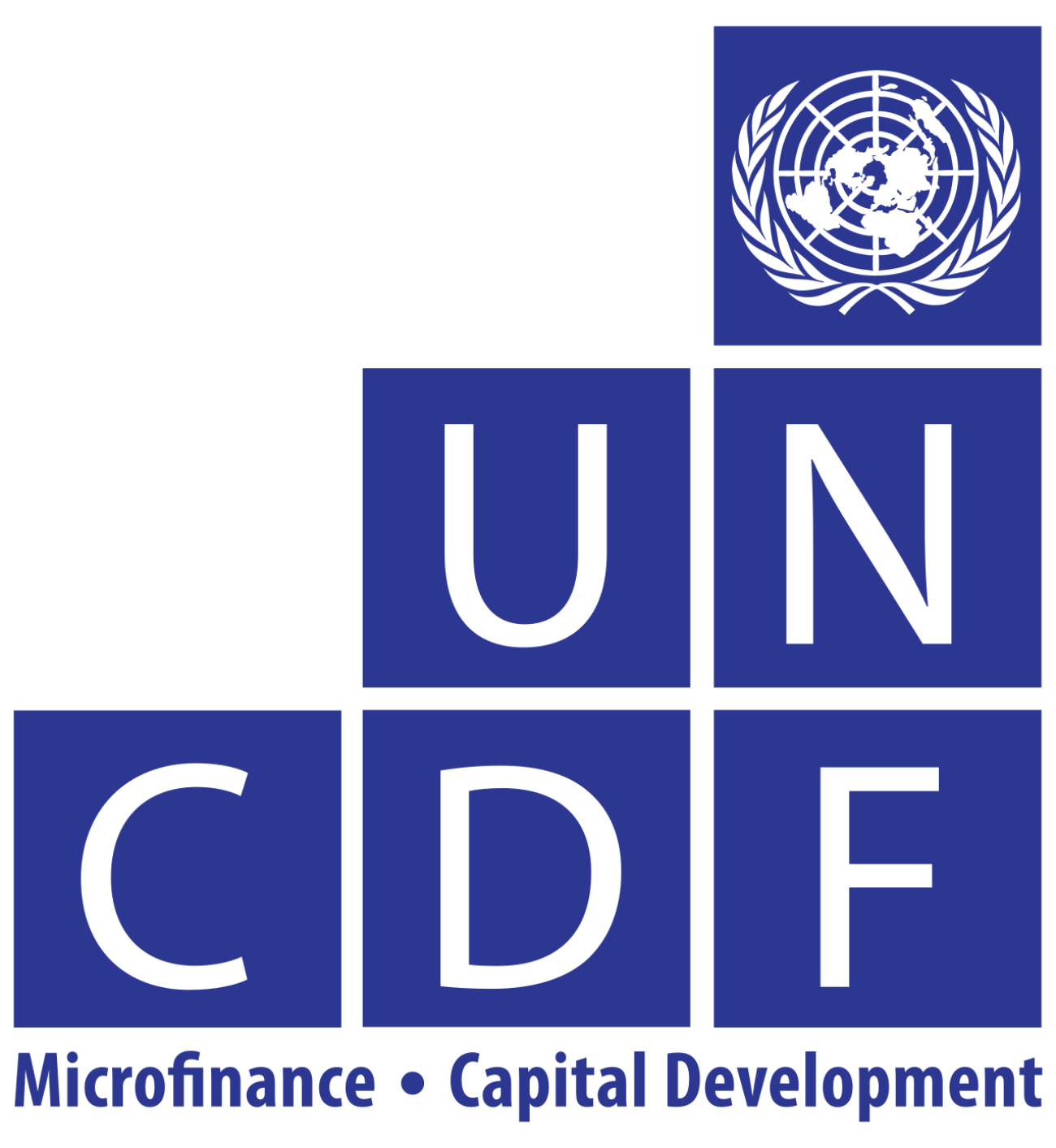Local communities in Somaliland benefit from decentralization with the support of UNCDF and UNDP

The UN Joint Programme on Local Governance and Decentralized Service Delivery (JPLG) aims to strengthen local governance and enhance decentralized services
The UN Joint Programme on Local Governance and Decentralized Service Delivery (JPLG) aims to strengthen local governance and enhance decentralized services in Somaliland and other regions of Somalia.
The JPLG coordinates its work with central and local governments, five UN partner agencies (ILO, UNCDF, UNDP, UN Habitat, and UNICEF), numerous development partners, as well as the private sector and communities. Activities are financed by Denmark, DFID, EU, SIDA and Switzerland.
In Somaliland, the constitution adopted in 2001, lays down the legal framework for decentralization. The President appointed champion for local governance, Vice President Abdirahman Abdillahi Ismail Sayli, described how decentralization brings a tangible change in the lives of citizens, by bringing government and its services closer to them. To support these efforts, JLPG is being implemented in Somaliland by ILO, UNCDF, UNDP, UN-Habitat, UNICEF and Somaliland’s administration. Currently, JPLG is working with 7 districts (Berbera, Boroma, Burao, Gabiley, Hargeisa, Odweine, and Sheikh) to increase civil servants’ capacity, while developing processes and systems that more effectively deliver services to their constituents.
To support this process, the Vice-President has identified and appointed seven ministers to form an Inter-Ministerial Committee on Local Governance (IMCLG). Amongst a broad range of solutions, the JPLG is providing technical support to the IMCLG to help promote and develop local governance through an effective decentralization process.
In order to create public awareness on this process, Somaliland’s administration has produced a film on decentralization, highlighting citizens’ experience of local governance and service delivery, and the hopes they and civil servants have for increased empowerment of local government.
With continued improvement to deliver services to citizens, the Vice Minister of Interior and member of the IMCLG, Osman Garad Soofe, said “the people of Somaliland are expected, once services are decentralized and brought within their reach, to embrace it wholeheartedly.”
The Minister of National Planning and Development, Dr Sa’ad Ali Shire, also a member of the IMCLG, stated that the decentralization process will bring citizens closer to government decision-making and, as a result, they will be greater enabled to hold local authorities to account.
Many community members are active in supporting the development of infrastructure and systems that enhance local authorities’ responsiveness to the needs of the communities it serves. In one such case, land was designated by the local government of Hargeisa for economic development and led to the creation of a central market. A market vendor for cereals who has benefited from this initiative, Fosia Ahmed Ismail, says that as a result of the local government’s efforts “our lives are getting better day in, day out, to the point that our children are now going to schools and universities.”
Shuun Jirde Cali, Chairperson for vegetable sellers in Hargeisa, has also experienced the benefits of local government working closer with the communities they serve. She said that “the public now has direct access to local authorities and can speak with officials to make sure their needs are addressed.”
Decentralization and transfer of resources to provide services enables local districts to support education. Mohamed Abdirahman Farah received a grant from the local government to study public health and hygiene at Hope University in Hargeisa. He is now working with the district to support its public health and hygiene efforts; “I will tirelessly work for the people in order to serve them well and improve the health of the local community”, he said.
The empowerment of local government and improvement of service delivery also benefits the most vulnerable communities. In Hargeisa, 400 families benefited from shelters and infrastructure developed by the local district to support returnees.
The Ministry of Interior’s Director General, Abdisamad Maal, emphasized the role of the ministry in providing quality assurance for the delivery of services by local government to all communities across Somaliland.
The JPLG is helping Somaliland’s administration to achieve these goals by developing fora for citizens to engage in policy formulation, as well as systems that help prioritize projects while developing partnerships (such as the IMCLG) for their implementation.
Phillip Cooper, UNDP Project Manager for the joint programme, said that “central and local governments have made immense progress through their decentralization efforts. The creation of the IMCLG represents a great step in the right direction and is leading Somaliland’s administration and its citizens into the next generation of good governance and responsible service delivery.”
=====
About JPLG
JPLG is working with 7 districts (Berbera, Boroma, Burao, Gabiley, Hargeisa, Odweine, and Sheikh) to increase civil servants’ capacity, while developing processes and systems that more effectively deliver services to their constituents.
The JPLG is helping Somaliland’s administration to develop fora for citizens to engage in policy formulation, as well as systems that help prioritize projects while developing local partnerships for their implementation.


